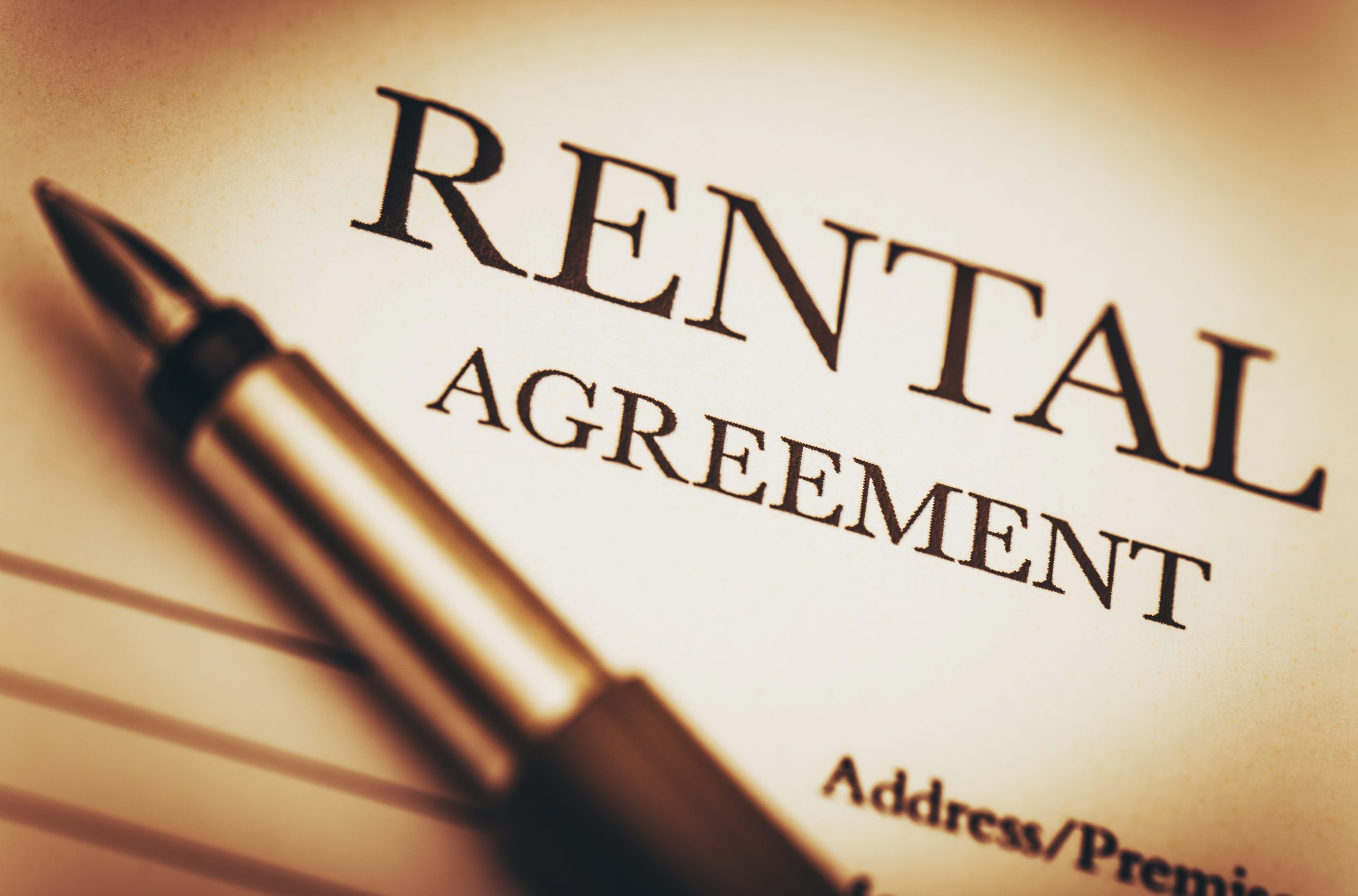The Centers for Disease Control and Prevention on Friday clarified the nationwide eviction moratorium that it had issued on September 4, 2020, lasting through the end of the year. That clarification (“Frequently Asked Questions”) is linked here.
Some important points from the FAQ:
- The Order does not prevent owners from commencing eviction proceedings so long as the actual eviction (which we interpret to mean the set out) does not take place until January. As we see it, this means that evictions can proceed to writ, but the set out must wait until January.
- As set forth in this blog entry, the protection to a tenant under the eviction moratorium is trigged when the tenant signs a CDC form that certifies all of the following (every adult residing in the unit must sign the form for the moratorium to take effect).
- The individual has used best efforts to obtain government assistance for the payment of rent.
- The individual falls below the above-income thresholds.
- The individual can’t pay rent due to loss of income or medical expenses.
- The individual is using best efforts to pay the rent or as much of it as he can.
- Eviction would render the individual homeless.
- An owner may cross examine (or perhaps conduct discovery as the Court would allow) as to the truthfulness of those certifications. Previously, the rule was ambiguous on this point, leading to inconsistent application throughout the thousands of jurisdictions handling executions in the nation.
- Landlord are not required to inform tenants of their rights under the CDC Order.
- The clarification reiterates that (a) tenants still owe their rent and (b) tenants have a duty to make partial rent payments as they are able.
- The clarification reiterates the criminal penalties for tenants making material misrepresentations on the CDC form.
Friday’s FAQ pronouncement tilts the effect of the moratorium in favor of landlords. Given that the set out in Ohio typically is six-to-eight weeks after the start of the process (the 3-day notice), the real delay in recovering possession of a landlord’s property from a non-paying tenant is now under 30 days.
The scope of the moratorium is limited to situations where the default is solely the non-payment of rent. Our firm has successfully worked with landlords who need to recover possession of their property from hold over tenants, squatters, those causing physical damage to property, those involving illegal use and sale of drugs, too many occupants and other lease violations.
Please call our experienced landlord/tenant litigators if you have questions. Contact Julie Gugino (513.943.5669) for more information.



